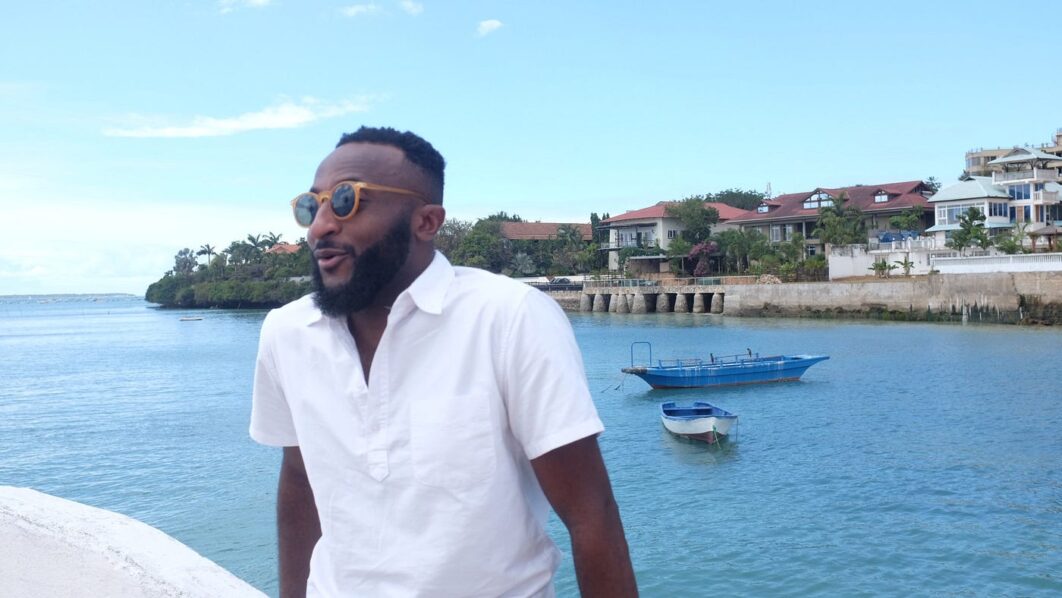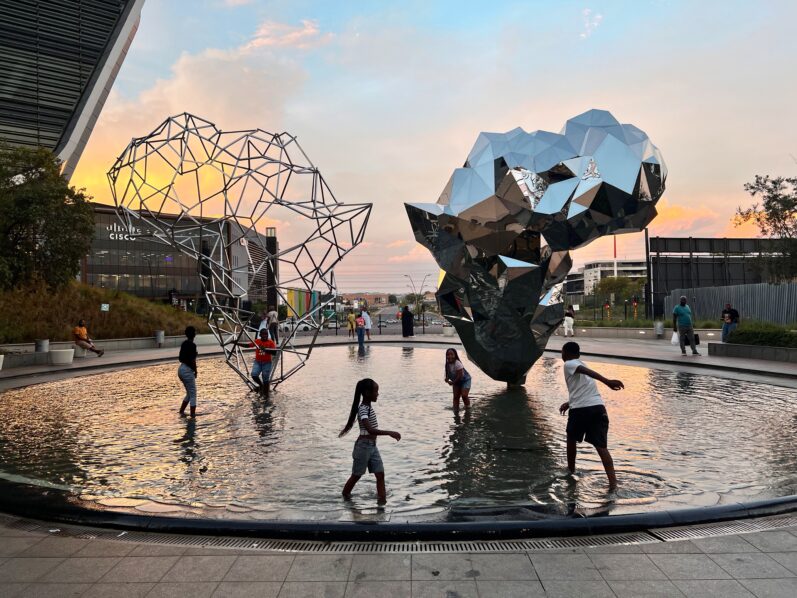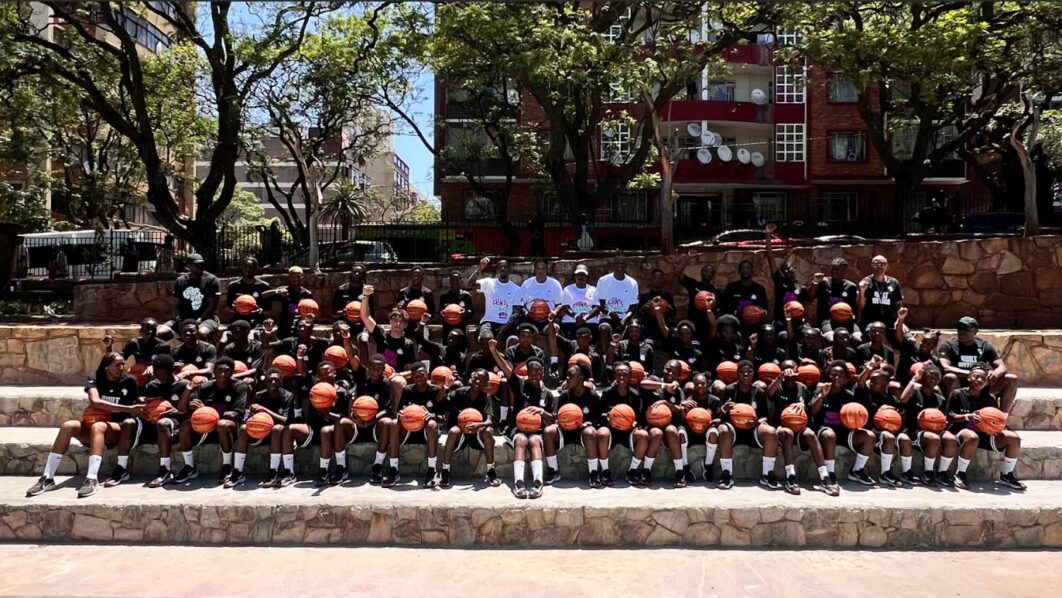
In October 2016, I penned an op-ed titled “Why You Should Not Visit South Africa,” a scathing rebuke of the country’s visa policies toward Nigerians. At the time, I had planned to attend the MTV Africa Music Awards (MAMAs) in Johannesburg, but my plans were derailed by an onerous visa process that symbolized broader frustrations many Nigerians faced when interacting with South Africa’s immigration system. The article, originally published in The Guardian Nigeria, aimed to critique South Africa’s immigration policies, which were unnecessarily expensive, time-consuming, logistically challenging, and downright hostile. This was especially striking at a time when South Africa was actively courting West African tourists, particularly Nigerians, through a major campaign led by its tourism arm, South African Tourism. The dissonance between this warm invitation and the arduous visa application process and subsequent treatment on arrival at South African Ports of entry, left me unsettled. I sought to change this process by detailing my decades-long experience traveling to South Africa. My thinking was that by reminding Nigerians of their collective influence as cultural and economic drivers, they would seek friendlier destinations on the continent and thus challenge South Africa’s near-monopoly on intra-African tourism.
The article quickly gained traction. Initially, South African Tourism in West Africa attempted to address the issue diplomatically. However, others dismissed it as the rant of a “wannabe influencer,” believing it would fade into obscurity. It did not. Other local and international media publications quickly picked it up, and before long, I was having sit-down interviews.

I soon found myself at the center of a heated, often divisive, debate about relations between Nigerians and South Africans. What started as a critique of government policy evolved into a symbol for broader grievances, including sometimes inflammatory rhetoric. Friends and strangers on all sides of the issue approached me at events—from New Year’s Eve parties to weddings—to debate the topic. Some denounced the policy, some defended the spirit of it, and others detailed personal stories about how it had affected them.
While I wrote the essay with Nigerians in mind, it resonated far beyond Nigeria, amplifying frustrations shared by other Africans who had experienced similar hurdles. It became a rallying point for those disillusioned by South Africa’s approach to African visitors, and I inadvertently became a lightning rod in the broader discourse around xenophobia, policy inequities, and African unity.
Over the years, however, I realized the unintended consequences of my advocacy. What began as a critique of government policy was misinterpreted by some as an attack on the South African people, further polarizing relations between Nigerians and South Africans. As someone who had made a deliberate effort to tell positive and uplifting stories about Africa and Africans, this was never my intent. My critique was always aimed at policy, not people.
A Diplomatic Breakthrough
By 2019, as tensions between Nigerians and South Africans persisted, I began to question whether disengagement was the right approach. A casual conversation with my friends—Ghanaian-American entrepreneur Afua Osei and South African actress and activist Nomzamo Mbatha—in Washington, D.C., offered clarity: rather than discouraging Nigerians from visiting South Africa, why not encourage more South Africans to visit Nigeria? As South African comedian Trevor Noah once suggested, the antidote to bias is often engagement. Real understanding grows from direct interaction, and the need for constructive engagement between Africans became increasingly clear.

Then came Giants of Africa, a non-profit founded 20 years ago by Nigerian-born President and Vice Chairman of the NBA’s Toronto Raptors Masai Ujiri and his partner and NBA scout Godwin Owinje, who were launching their first foray into South Africa. They partnered with Johannesburg Parks and Zoo to build two basketball courts as part of their Built Within mission to accelerate youth development across Africa by constructing 100 basketball courts.
Having attended previous launches in Rwanda and Côte d’Ivoire, I knew basketball diplomacy would provide the ideal moment to return to South Africa—not to criticize, but to play, witness, and celebrate Africans building together. The unveiling of their 35th court in Johannesburg’s Berea neighborhood embodied the unity and progress I had long advocated for.
My return after an almost decade-long hiatus also coincided with a significant diplomatic breakthrough. In the weeks leading up to the Giants of Africa launch, Nigerian President Bola Ahmed Tinubu and his South African counterpart, President Cyril Ramaphosa—the leaders of two of the continent’s four largest economies—addressed long-standing issues during the 11th session of the Nigeria-South Africa Bi-National Commission in Cape Town. South Africa agreed to relax visa requirements for Nigerian tourists and business people—a victory for common sense, to quote former Nigerian Head of State Gen. Yakubu Gowon.
While tensions between the people of the two nations will no doubt take some time to thaw, the agreements marked an important step toward repairing relations. It signaled a shift in the South African government’s posture toward Nigerians—from one that presumes criminality to one that aligns closely with its stated goal of welcoming more tourists and business people from the continent. This is an important marker for local leaders and citizens to follow suit.
Toward a New Narrative
Walking through the same airport where I once spent several hours in detention with a Nigerian passport, this time as an American citizen, I felt the stark difference in treatment. It was a bittersweet reminder of the persistent disparities Africans face relative to travelers from outside the continent. Yet, my optimism for the future remains intact.
On my return to Johannesburg, I had the great fortune of engaging with Africans from across the continent—from young kids to seasoned veterans, people from all walks of life: business, development, sports, music, art, fashion, film, politics, Uber drivers, immigrants, market traders, and friends. While I stand by the principles of my original article, I now see that mutual understanding is better served by active engagement. I believe that instead of boycotting South Africa, we should encourage and create opportunities for more South Africans—not just celebrities and business people, but ordinary people like the kids from Berea—to visit Nigeria, interact, collaborate, and engage with Nigerians in Nigeria.

My evolution on this issue is a microcosm of a broader story of African progress—one marked by the relentless pursuit of unity. The lesson is clear: constructive engagement, diplomacy, and shared cultural experiences are the keys to bridging divides. My hope is that this renewed engagement will pave the way for deeper unity across the continent. Because, in the end, we are strongest when we stand together—not just as Nigerians or South Africans, but as Africans.
As I look back, I am reminded that my role as a storyteller is not just to document or critique but to build. Africa’s future lies in our ability to work together, challenge inequities, and celebrate our shared humanity. To that end, I say: visit South Africa, visit Nigeria, and visit every corner of this extraordinary continent. The connections we forge today will shape the Africa we dream of tomorrow.






